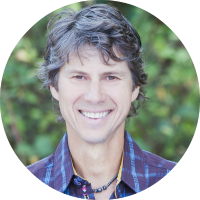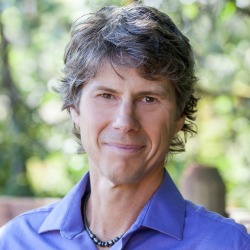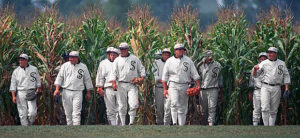Lisa asks, “When writing a creative non-fiction self-development/memoir book, how soon in the process does it make sense to write the book proposal? i.e. Do it from the get go to crystallize the idea and be ready to submit to agents off the bat (I know landing one can take a while!!!) OR get into the writing flow and do that once I have at least say 3 chapters I am happy with, and know the overall book structure. Does this question make sense?!”
In this post you’ll learn:
- What is a book proposal
- Who should and who shouldn’t submit a book proposal
- Who should you submit it to
- What are the best self-publishing options
[addtoany]

Geoff Affleck is a 5-time #1 bestselling author and creator and facilitator for the eBook Bestseller Bootcamp for aspiring self-help authors.



